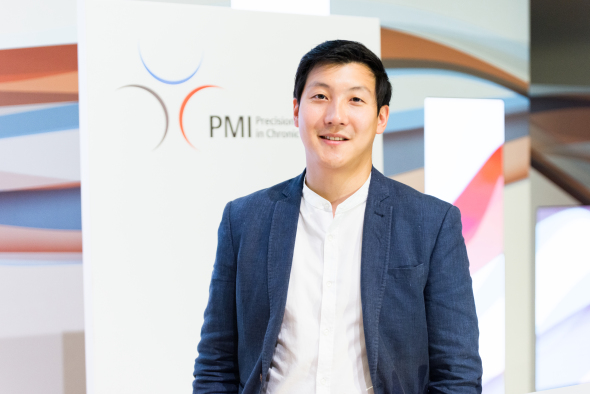Latest Publications
Research Training Group
genes, environment, inflammation
Within this Research Training Group we will study the environmental influences responsible for the development of complex, chronic diseases. Moreover, we will systematically examine the previously understudied interplay between the (micro)-environment and predisposing genetic factors...
Research
The scientists in the Research Training Group (RTG) want to find out
- how the non-genetical schemes in the cell change during the development of chronic inflammatory diseases;
- how diet influences the development of inflammatory diseases;
- new statistical and bioinformatical ways to express research results.
People
a team of young and innovative scientists who are experts in the fields of:
- molecular biology
- human genetics
- immunology
- bioinformatics
- biochemistry
- microbiology
- epidemiology
- statistics.
Education
The purpose of the structured doctoral student programme is to:
- enable young scientists to obtain their doctoral degree within three years;
- qualify doctoral students for postdoctoral work;
- impart interdisciplinary knowledge;
- promote postgraduate students' transferrable skills.
Latest News
Dr. Florian Tran, © Fabian Lippke, Uni Kiel
Florian Tran, Department of Internal Medicine I, UKSH, Campus Kiel, and Institute of Clinical Molecular Biology (IKMB), Kiel, receives an Else Kröner Memorial Fellowship. The scholarship is endowed with 230,000 euros and releases him from clinical duties for two years for his research project. He is currently working as Clinician Scientist of the Cluster of Excellence Precision Medicine in Chronic Inflammation. Dr. Tran has been member of the RTG 1743 since 2013. After having finished his doctorate he was involved in the co-supervision of several medical doctoral researchers. In the project related to the Else Körner Memorial Fellowship, he will utilize modern sequencing technologies to detect complex molecular signatures with spatial resolution (spatial multi-omics) in intestinal biopsy samples from ulcerative colitis patients receiving biological therapy. The aim is to identify molecular predictors for long-term remission.
→ read more

